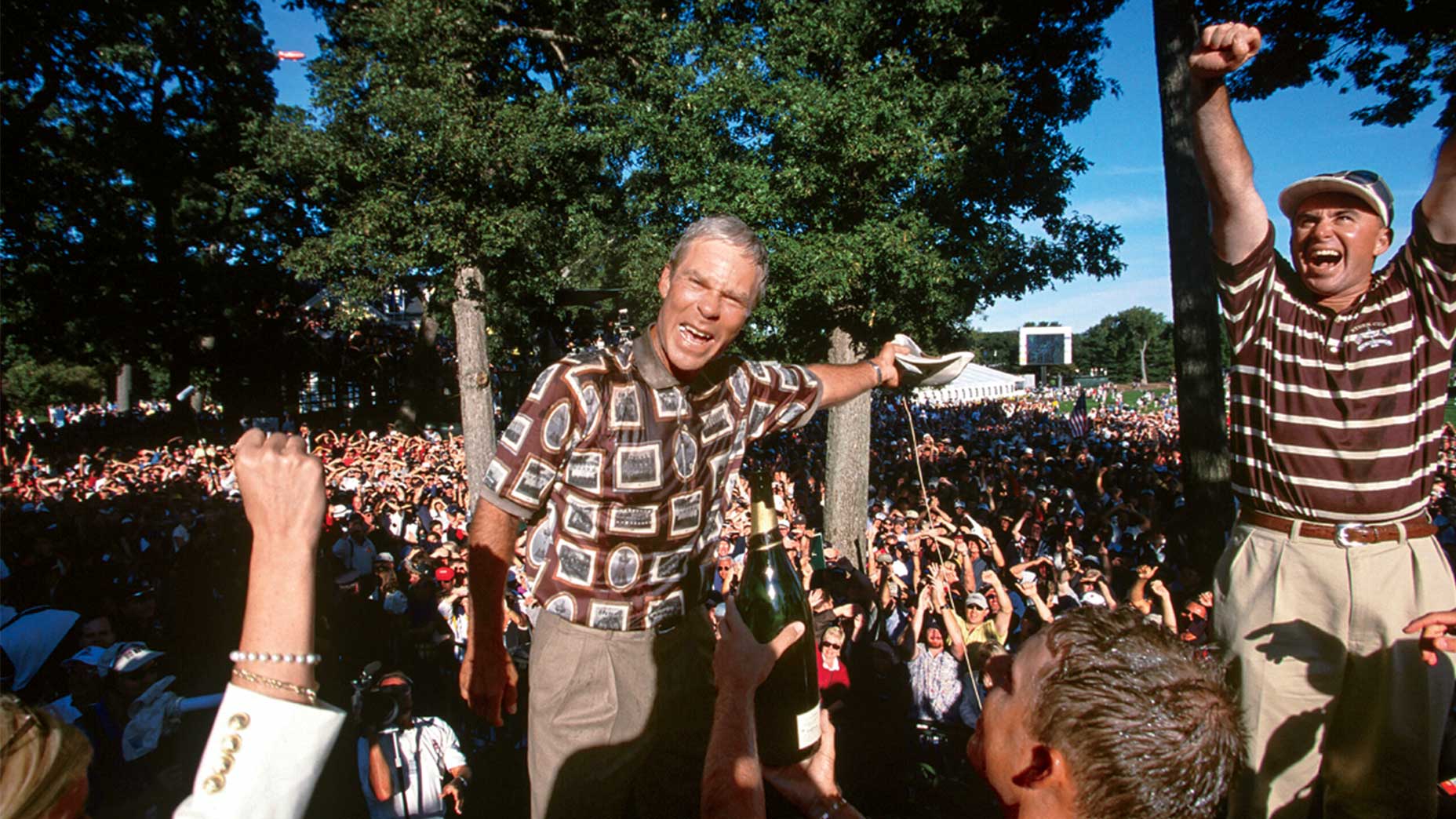Has Augusta National Lost Its Strategic Edge? Ben Crenshaw Weighs In
BlogTable of Contents
- Ben Crenshaw reveals his top 10 courses in the world
- Photos: Group led by Ben Crenshaw raises another M…
- LIV? Masters? The state of golf? Legend Ben Crenshaw has some thoughts
- Q+A: Ben Crenshaw talks golf history, course design and the wilderness ...
- PeopleQuiz - Biographies - Ben Crenshaw
- Ben CRENSHAW - Short biography. - U.S.A.
- Ben Crenshaw – Golf Aid Reviews
- Here's a cool story about the time Ben Crenshaw made his caddie cry ...
- Ben Crenshaw replaces Arnold Palmer with Nicklaus, Player in Par-3 Contest
- Ben Crenshaw American Ryder Cup Captain with the trophy Brookline 1999 ...


For those who have watched the Masters over the years, it's hard to argue with Crenshaw's assessment. The course, which was once a test of strategy and finesse, has undergone numerous changes aimed at keeping it competitive in the face of advancing technology and longer-hitting players. While these changes were intended to maintain the course's challenge, they may have inadvertently simplified the gameplay, reducing the need for the strategic thinking that once defined the Masters.


A Course in Transition


Crenshaw, who won the Masters in 1984 and 1995, remembers a time when players had to think their way around the course, using every trick in the book to navigate Augusta's challenging layout. From the clever use of slopes and angles to the strategic placement of approach shots, every aspect of the game was considered and executed with precision. Today, with the increased distance players can achieve off the tee, some of these strategic elements may be less relevant, leading to a more straightforward, less nuanced game.


The Impact on the Game


For professional golfers, the reduction in strategic complexity could lead to a more homogeneous style of play, where brute force and distance become the primary factors in determining success. For amateur golfers, it might mean that the lessons learned from watching and playing the game at the highest level are less about strategy and more about power, potentially altering the way the game is taught and played at the grassroots level.
Ben Crenshaw's comments about the state of Augusta National and its strategic challenges are a reminder of the delicate balance between preserving tradition and adapting to change in golf. While the intent behind the modifications to the course was to maintain its relevance and challenge, the outcome may have been a simplification of the gameplay. As the golfing world continues to evolve, it will be interesting to see how courses like Augusta National respond to the changing landscape of the game, striving to maintain the strategic depth that makes golf so compelling and challenging for players and spectators alike. Whether through further course adjustments or a reemphasis on the strategic elements of the game, the future of golf will depend on finding a balance between progress and tradition.